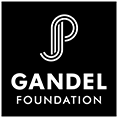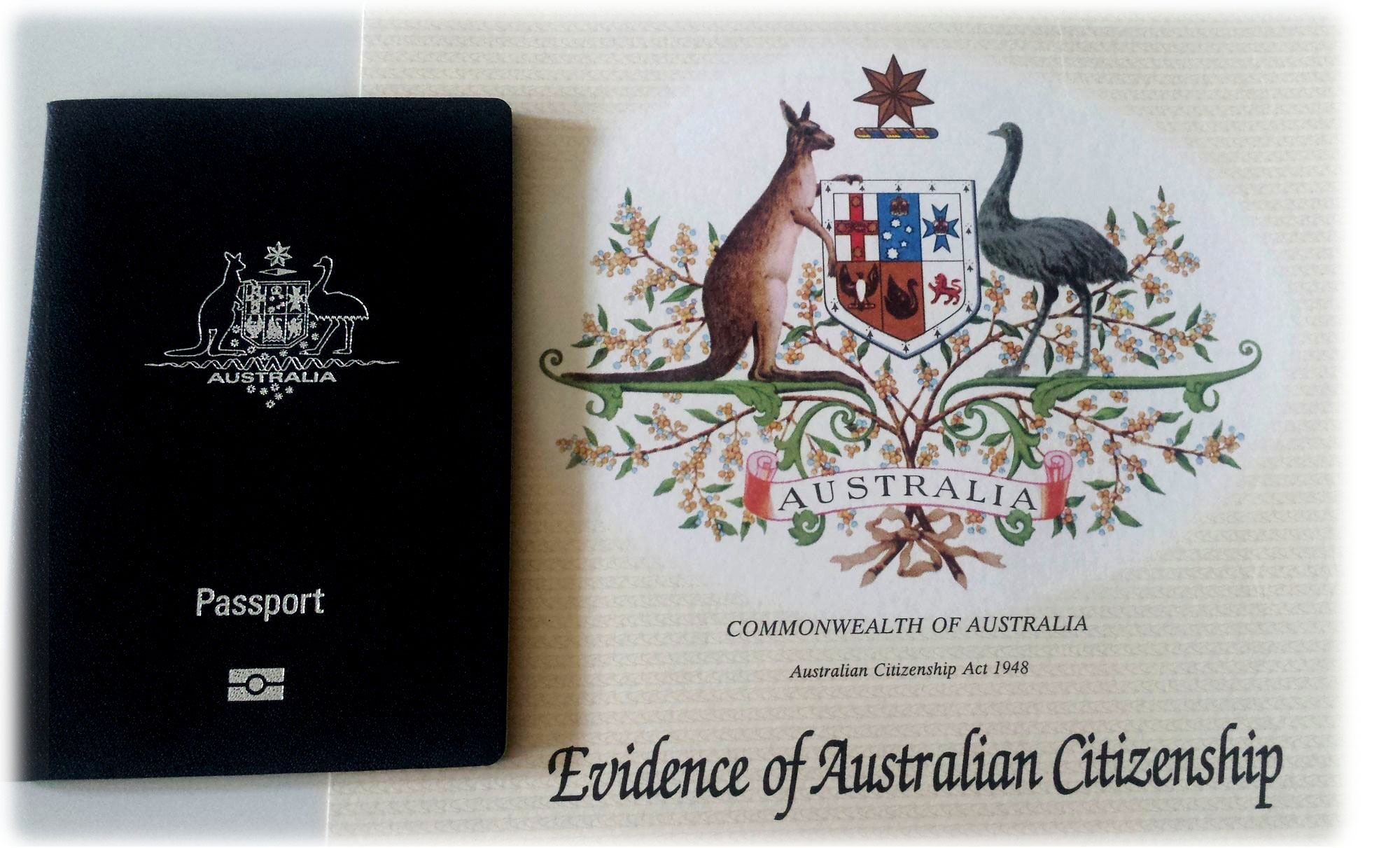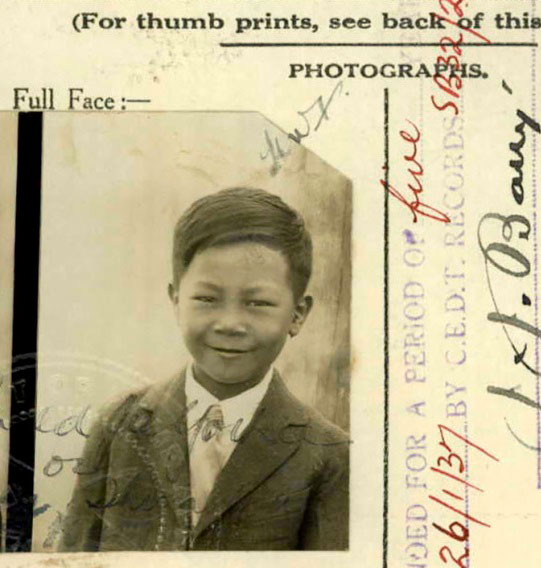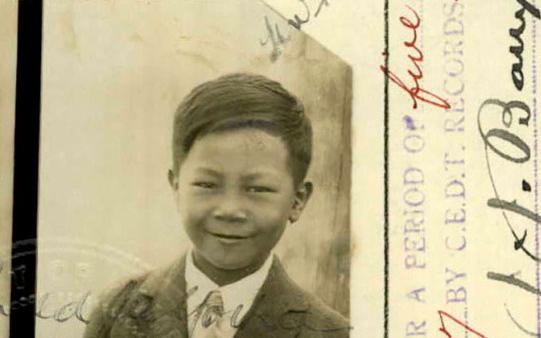Learning module:
Australian citizenship Defining Moments
Investigation 1: What does it mean to be an Australian citizen?
1.3 What is the Australian citizenship pledge?
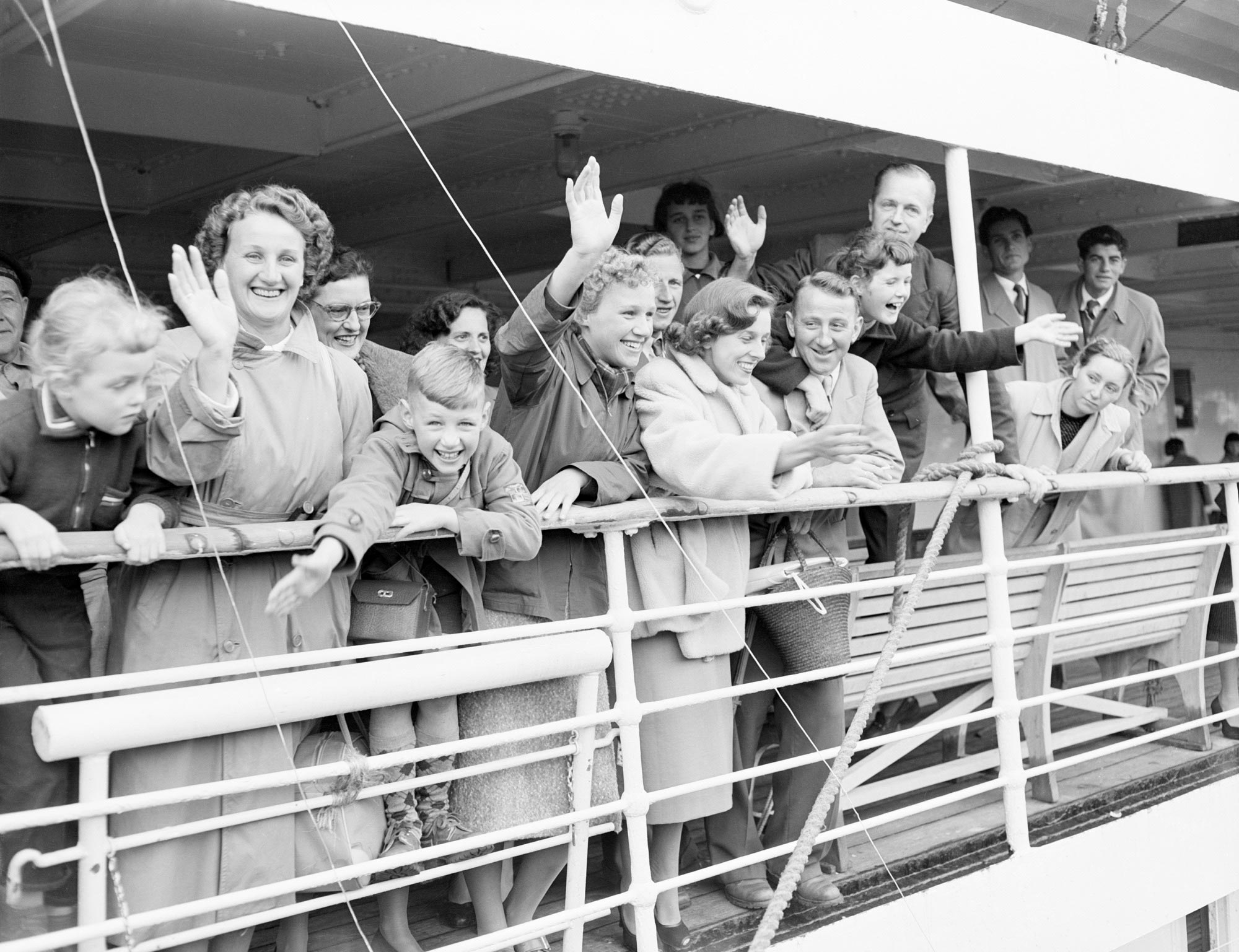
When people who were not born in Australia become Australian citizens they take a pledge as part of a special ceremony.
A pledge is a promise to behave in a certain way.
Below are three versions of this citizenship pledge.
The first is to become a British citizen before Australian citizenship existed. The second is from the original Australian citizenship pledge in 1949, when people could first take out Australian citizenship.
The third and final pledge is from the most recent citizenship ceremony pledge that people take today. There are two versions of this current pledge: one for people who believe in God, and one for people who do not.
Look closely at and compare the similarities and differences between the three pledges: in particular examine what they are saying to new citizens about being a citizen of Australia. Then answer the questions about them.
|
1920 Nationality Act 1920 |
1949 Australian Citizenship Act 1948 |
Today Australian Citizenship Act 2007 |
|---|---|---|
|
I swear by Almighty God that I will be faithful and bear true allegiance to His Majesty, King George the Fifth, his Heirs and Successors, according to law. |
I swear by Almighty God that I will be faithful and bear true allegiance to His Majesty King George the Sixth, His heirs and successors according to law, and that I will faithfully observe the laws of Australia and fulfil my duties as an Australian citizen. |
From this time forward [under God], |
1. Which pledges refer to:
2. Which pledge do you think is:
3. Only new citizens have to take the citizenship pledge today. People who have been born in Australia or born to at least one Australian parent, and are therefore automatically citizens, do not. Do you think they should? Why or why not?
While people who were born Australian citizens do not have to take any pledge of citizenship, there is no reason why they should not take an affirmation of citizenship. Non-citizens can also take the affirmation but join in from the second line.
Australian citizenship affirmation
[As an Australian citizen,]
I affirm my loyalty to Australia and its people,
Whose democratic beliefs I share,
Whose rights and liberties I respect,
And whose laws I uphold and obey
Here is some advice from the Australian Government:
The Australian Citizenship Affirmation can be included as part of any event, whether it be a citizenship ceremony, school assembly, workplace meeting or community gathering. The Affirmation is a wonderful way to bring your whole community together to celebrate our shared values as Australians and publicly voice our pride, loyalty and commitment to Australia.
Many schools also start their assemblies with an acknowledgment of the Indigenous people of the area. Schools could potentially also include an acknowledgment of citizenship at the start of assemblies.
4. What do you think about these ideas?
Some of the special occasions on which a citizenship pledge or affirmation could be made are:
- Australia Day 26 January
- Harmony Day 21 March
- NAIDOC week (first full week in July)
- Australian Citizenship Day 17 September




